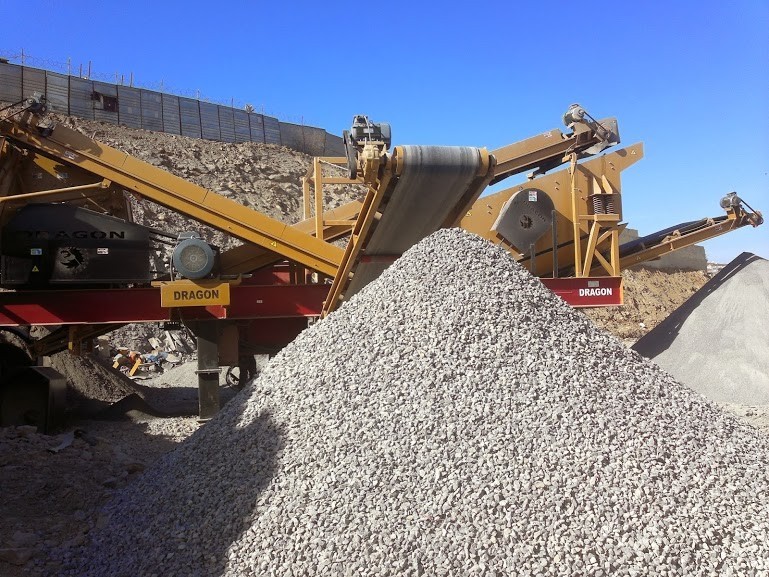Portable Crusher Manufacturing According to Project Needs
In construction and mining industries, crushers are vital machinery used to reduce large rocks into smaller, manageable sizes. Among the different types of crushers, portable crushers have gained popularity due to their mobility and ability to perform on-site crushing. As projects vary in scope and location, manufacturers must consider different needs when designing and manufacturing portable crushers.
1. Importance of Portable Crushers
Portable crushers play a crucial role in several industries by ensuring efficient material processing on construction sites or mines. They are especially helpful when working in remote locations where setting up permanent crushing plants may not be feasible. These crushers can be easily transported to different project sites, reducing transportation costs and time. Moreover, they help to reduce the environmental impact by minimizing the need for long-distance material hauling.
2. Key Features of Portable Crushers
Portable crushers come with various features tailored to meet project-specific requirements. These features include:
-
Mobility: They can be easily transported to different locations, making them ideal for projects with changing demands or locations.
-
Versatility: Portable crushers can be configured to crush various materials such as limestone, granite, and recycled concrete.
-
Energy Efficiency: Many modern portable crushers are designed with energy-saving features, reducing operational costs.
-
Modular Design: The ability to modify the crusher according to specific needs, such as screen size, jaw type, or capacity, is crucial for maximizing performance.
3. Manufacturing Considerations
When manufacturing portable crushers for specific projects, manufacturers must consider the following:
-
Size and Capacity: The crusher's size and processing capacity must align with the scale of the project. For large-scale projects, higher capacity crushers are required, while smaller projects may need more compact models.
-
Durability: Crushers must be built with durable materials to withstand harsh working environments, especially in remote or rugged locations.
-
Customization: Tailoring the crusher to the specific needs of the project is essential. This includes customizations such as motor power, feed size, and discharge settings.
-
Environmental Impact: Manufacturers need to design crushers that minimize noise and dust pollution, ensuring compliance with local environmental regulations.
4. Advantages of Portable Crushers
-
Cost-Effective: By eliminating the need for transportation of raw materials to distant processing plants, portable crushers can significantly reduce overall project costs.
-
Time Efficiency: On-site crushing allows for quicker processing and material handling, speeding up project timelines.
-
Flexibility: They provide flexibility in project planning, allowing for adjustments based on project progress and changes in material needs.
In conclusion, portable crushers are a valuable asset for any construction or mining project, providing flexibility, cost savings, and efficiency. When manufactured according to the specific needs of a project, they can improve operations and overall project performance.
 English
English
 Le français
Le français
 Türkçe
Türkçe

